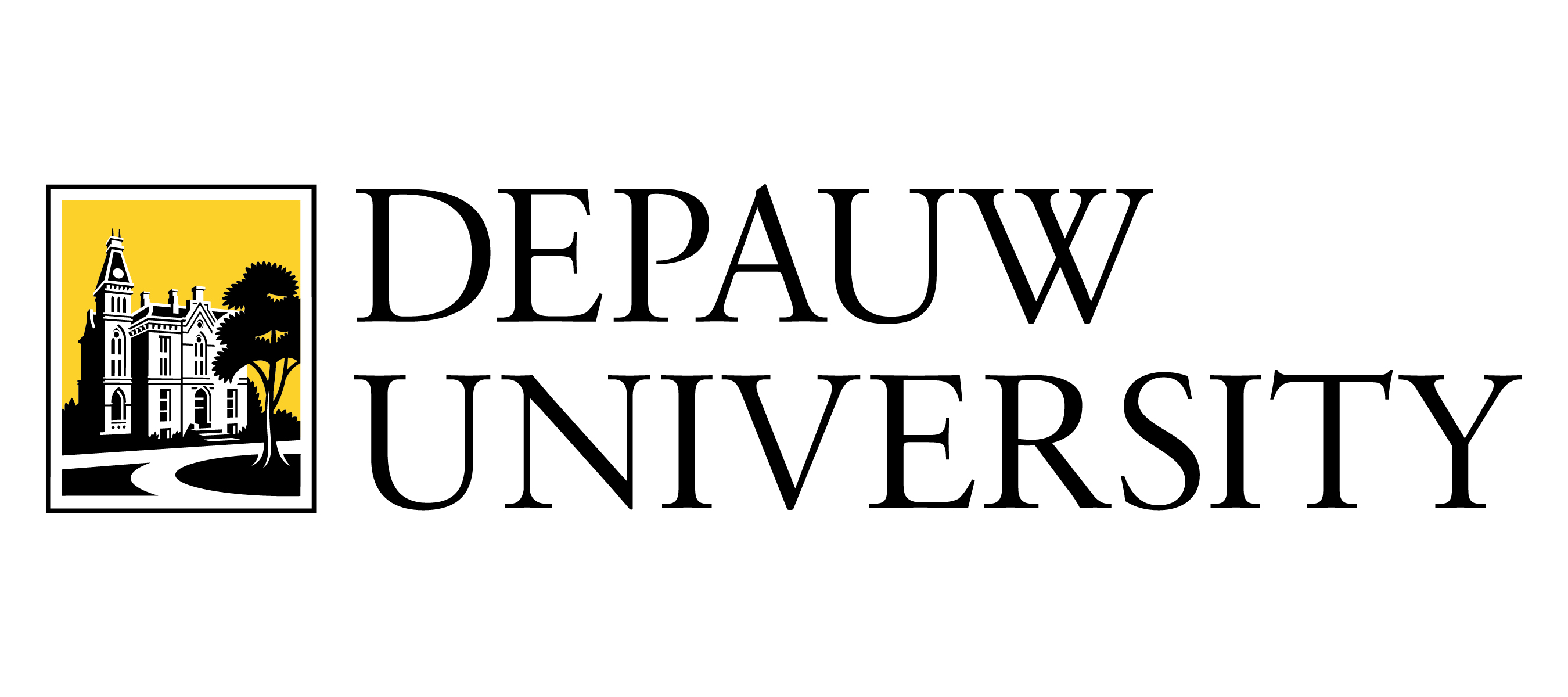Document Type
Syllabus
Publication Date
Spring 2024
Course Description
The cultic milieu can be regarded as the cultural underground of society. It includes all deviant belief systems and their associated practices. Unor- thodox science, alien and heretical religion, deviant medicine, all comprise elements of such an underground. Colin Campbell, “The Cult, the Cultic Milieu, and Secularization” (1972) In an odd way, the conspiracy theorist’s view is both frightening and reassuring. It is frightening because it magnifies the power of evil. At the same time, however, the clear identification of evil gives the conspiracist a definable enemy against which to struggle, endowing life with purpose. Michael Barkun, A Culture of Conspiracy (2013) Everything that you think you know about the world is false. This course will give you the truth. And it’s all true: Hollow Earth, Flat Earth, shadow people, lizard people, simulation theory, the surveillance state, the deep state, crisis actors, chemtrails, cryptids, UFOs, UAPs, alien bodies, alien abductions, QAnon, birthers, truthers, hoaxers, false flags, Manchurian candidates, militias, insurgents, useful idiots. How can we rationally understand this fascinating and sometimes menacing constellation of cults and conspiracies? In 1972, sociologist Colin Campbell defined “cult” apart from its common association with isolation and violence, as any religious group formed in opposition to “dominant cultural orthodoxies.” More recently, in 2013, the political scientist Michael Barkun expanded Campbell’s definition beyond “deviant” religion to include the broader spectrum of conspiracy theories rooted in “outsider ideas” and “stigmatized knowledge” rejected by government, academic, and scientific authority. Fundamentally, our course explores the formation of communities around “oppositional” knowledge. Campbell and Barkun observe the unique “fluidity” of cultic and conspiratorial knowledge as it moves freely and rapidly through print and digital media. It replicates itself and spreads virally within the social body. It mutates and evolves, and it assumes the aspect of “truth” by the speed and volume of dissemination. In our survey of the social dynamicof oppositional knowledge, Campbell, Barkun, and others will provide us with some basic tools of social psychology and political theory. We will also consider complementary accounts of antisemitism, antiglobalism, racism, and populism, as well as recent case studies, Finally, we will read some recent works of fiction that illuminate the murky, fluid, and volatile matrix of our cultural moment.
Recommended Citation
Brown, Harry, "HONR 300CB Cult and Conspiracy Brown Spring 2024" (2024). Course Syllabi. 386, Scholarly and Creative Work from DePauw University.
https://scholarship.depauw.edu/records_syllabi/386



Student Outcomes
The practical goals of the seminar are to understand the formation, persistence, and proliferation of modern cults and conspiracy theories using the lenses of narrative and political theory and the psychology of belief. The seminar will to help you (1) to discern the historical origins of cults and conspiracy theories; (2) to focus on a selection of representative case studies; (3) to interpret these social phenomena within the larger contexts of populism, white supremacy, globalization, and the emergence of social media; (5) to apply speculative thought on social problems; and (6) to write with sources reflecting critical perspectives and a combination of qualitative and quantitative data